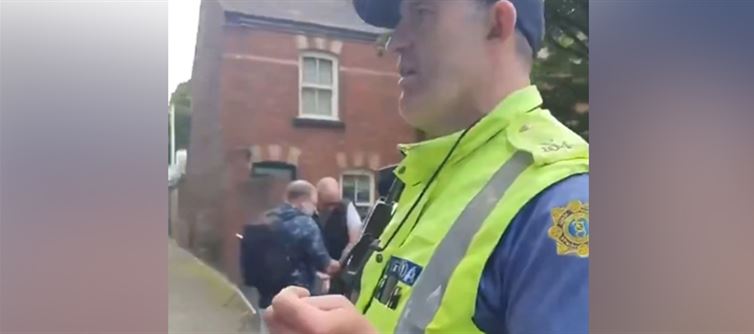
If instances of differential treatment occurred—such as people being stopped or allowed to pass based on appearance—this would indeed constitute racial profiling and raise concerns about fairness and civil liberties. However, without verifiable evidence such as videos, eyewitness testimonies, or official complaints, such claims remain anecdotal. Security measures at large gatherings often involve crowd control and identity checks, but those should be applied uniformly, regardless of a person’s perceived ethnicity or religion. Any deviation from that standard should be investigated by authorities to ensure trust and transparency in public policing.
Raising allegations of racial profiling, especially in contexts involving religious or ethnic minorities, must be done carefully and responsibly. False or exaggerated claims can inflame community tensions and undermine social cohesion. On the other hand, if profiling does occur, it needs to be addressed through proper channels—public accountability, media investigation, and legal oversight. In a diverse society like Ireland, fostering mutual respect between communities requires that all people—whether Muslim, Christian, or otherwise—feel safe and treated equally in public spaces, particularly during cultural or religious events meant to symbolize unity.




 click and follow Indiaherald WhatsApp channel
click and follow Indiaherald WhatsApp channel